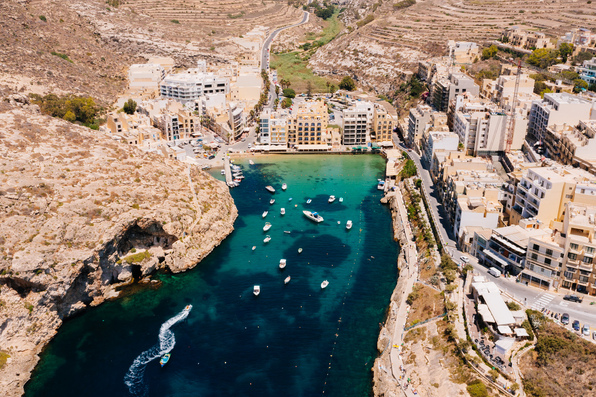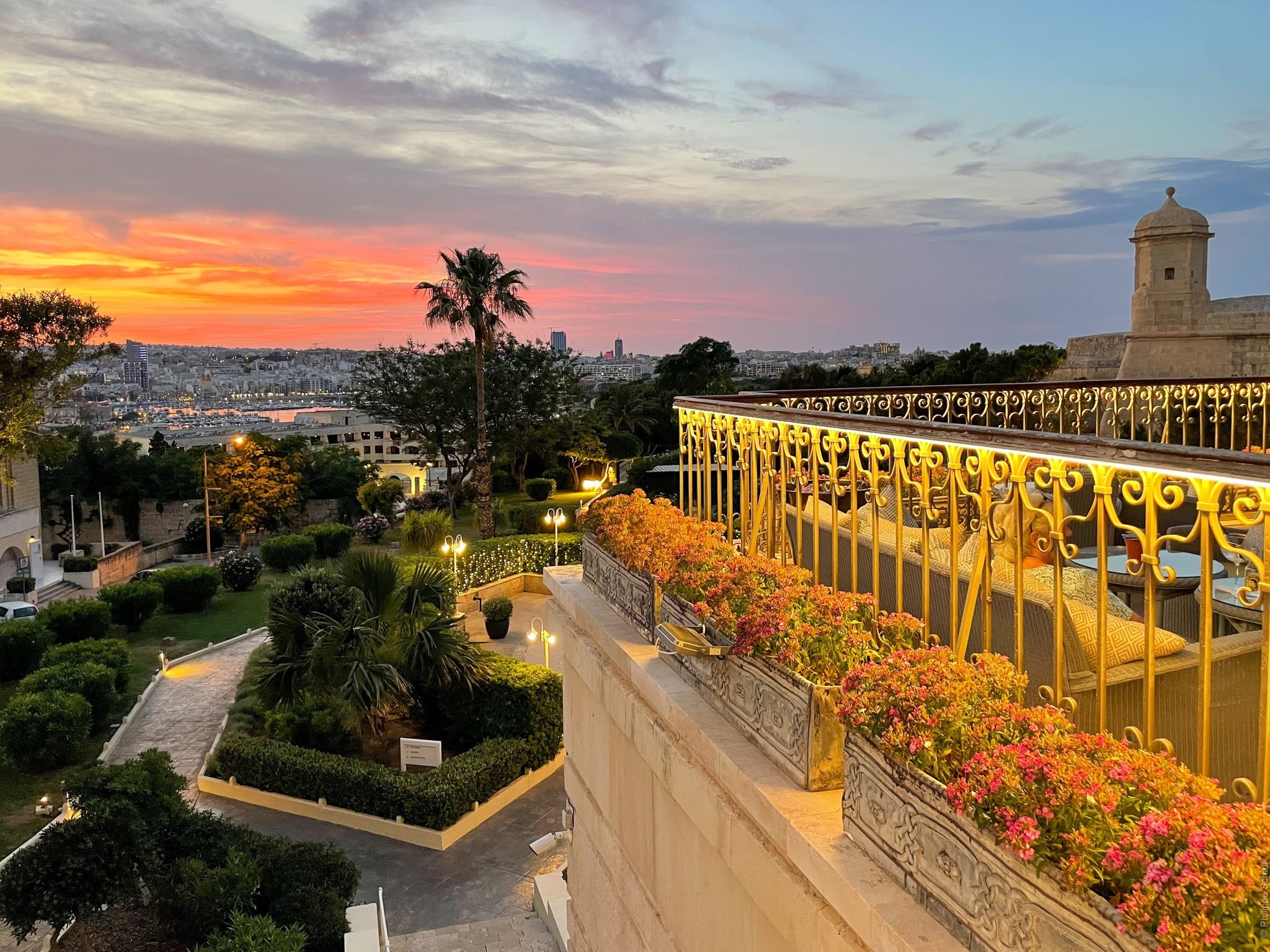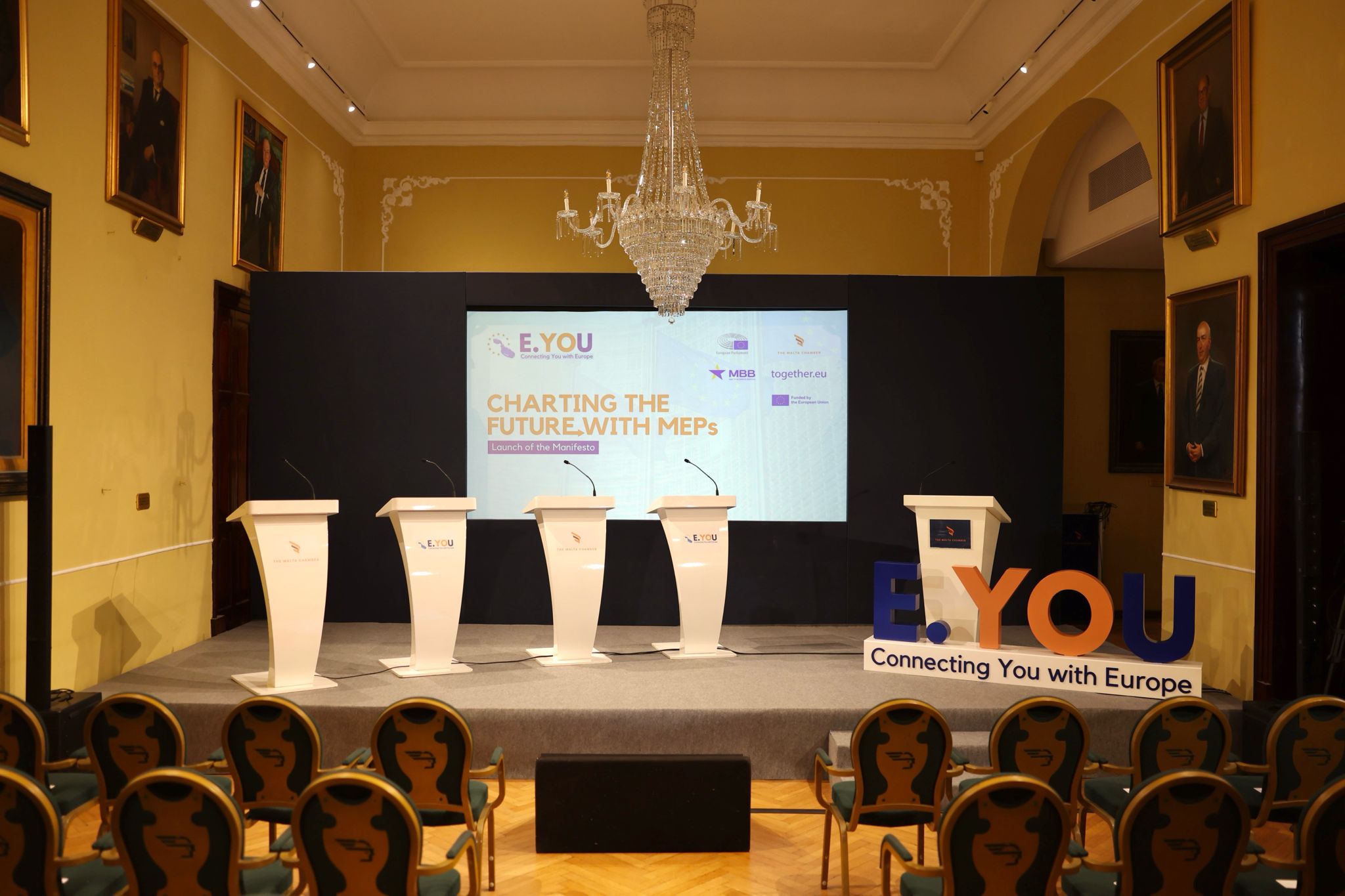Tourists who spent nights at accommodation in Gozo have contributed over €1 million in eco-contributions since 2017.
Eco-contributions (aka eco-tax) are a charge paid by tourists on all stays in any type of accommodation. All revenues generated through this initiative are intended to upgrade and embellish infrastructure in touristic areas around Malta. The tax was introduced in 2016.
Data made available by Finance Minister Clyde Caruana in response to a Parliamentary question by Opposition MP Chris Said revealed that Gozitan accommodation units have contributed a total of €1,176,008.80 since 2017.
Tourists aged 18 and over, irrespective of their nationality (including local residents) are charged €0.50 per person per night and is capped at €5 for each continuous stay.
The types of accommodation which charge the eco-tax include hotels, guesthouses, hostels, resorts, apartments, farmhouses, villas, timeshare, and host families, amongst others.
The year which generated the most eco-tax income was 2019, totalling €272,191.22. This is in line with 2019 being the busiest year for tourism yet. However, 2023 is expected to break that record, with Malta having experienced its busiest first quarter of the year on record and received over 700,000 tourists by April.
Meanwhile, 2021 was the year which generated the least amount of eco-tax, adding up to €137,492.
As of May, Gozitan accommodation have generated €69,772 in eco-tax in 2023.
Hotels report strong 2024 so far, optimistic about a very busy summer
Trends are shifting in the preference for last-minute bookings, hotels say
Labour Party European Parliament manifesto: What’s in it for businesses?
Looking ahead, Prime Minister Robert Abela pledges new opportunities on the commercial and social sphere
WATCH: MEPs in dialogue – Enhancing Europe
The fourth in a series of debates designed to engage citizens in the lead-up to the MEP elections






